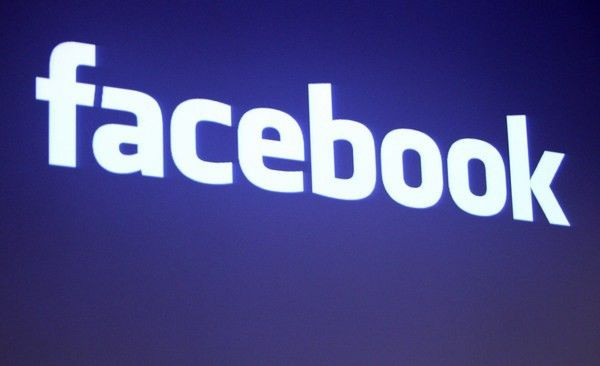Social media and the job hunt

The use of social media applications is becoming a popular tool for both employers and job seekers, especially those fresh out of college, to gather critical information and accumulate valuable contacts.
Websites such as Twitter, MySpace, Facebook, and LinkedIn create an accessible social atmosphere for diverse people to interact for various purposes. Not only do employers gain the opportunity to learn more about their job applicants beyond the resume and cover letter, college graduates also obtain the chance to access important facts not revealed on company websites or in their information sessions.
Christa B. Downey, director of Career Services at Cornell University in New York State, conducted a program in the spring semester for Cornell students, to encourage them to use social networking as a strategy for finding employment.
You're not asking for a job, you're asking for advice that could eventually lead you to employment, she said.
Her definition of social networking entails an ongoing process of casual dialogues with others to gain familiarity about a specific subject area. As regards a job search, this sort of networking over the Internet could work as a prelude to landing a favorable offer.
Downey claimed that 75 percent of college graduates are getting their jobs through social networking. She believes that the traditional way of submitting a resume and cover letter is no longer as effective as social networking.
In today's job market, employers really want to see why you're interested in the company and whether you are a good fit for the position, Downey said. With social media, you're able to get the connection and do a targeted application.
Some employers ask students to join the employer's fan page on Facebook, to learn about employment opportunities.
Many employers will search Facebook and other social media sites to learn about someone before making them an offer, Downey said.
Social networking websites such as LinkedIn provide individuals an opportunity to build extensive networks and learn about targeted companies.
Many professionals are in LinkedIn, Downey said, adding that through LinkedIn contacts, students can be directed to contacts in their field of interest.
Downey also warned students to be aware of their writing etiquettes and the materials they put on Internet sites, since such postings, depending on their quality, can either help or harm the job seekers.
Lance Choy, career counselor at Stanford University in California, offered another perspective on career opportunities through social networking.
While it is true that social networking has increased employment opportunities for college students, the overwhelming number of hires are still using job postings, career fairs, friends, contacting directly to firms, and other traditional methods to find employment, Choy said.
With the current economic condition, jobs are more competitive, so networking with people is one of the ways to find employment, Choy argued.
Employers have to be careful not to only focus on only social networking sites to get job applicants' information, Choy said. LinkedIn is fine, but if you're talking about social networking sites like Facebook, then employers should not be looking at that. There are potential legal problems to look at an individual's information through sites like Facebook.
Mark Presnell, director of Career Center at Johns Hopkins in Maryland, said, Social networking as well as traditional methods are currently being used.
He believed that social networking is just an extension of other networking that's been going on for decades.
Students find employment by communicating their goals and interests well to the companies they want to work for, Presnell said.
Students are using social networking sites more now than five to ten years ago because of the improvement of the professionalism of these sites, Presnell said.
Students find employment because of their academics, internship experience and leadership skills, Presnell said. Social media is the tool whereby they can articulate their goals to employers, he said.
I advise students to create a profile in LinkedIn because having some presence in social media enhances your chances of finding success or internship, Prenell explained. It's not a magical tool that guarantees success.
Keep your professional experience on LinkedIn and keep your personal experience on Facebook, Presnell said. Do not use Facebook for social networking with employers and keep your Facebook settings private.
Be conscious of the content, think about what information you want others to see, he advised.
© Copyright IBTimes 2024. All rights reserved.





















